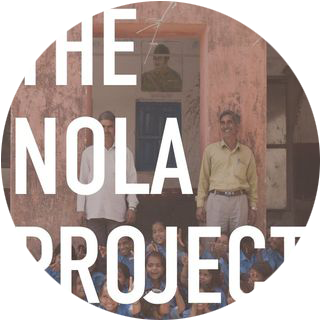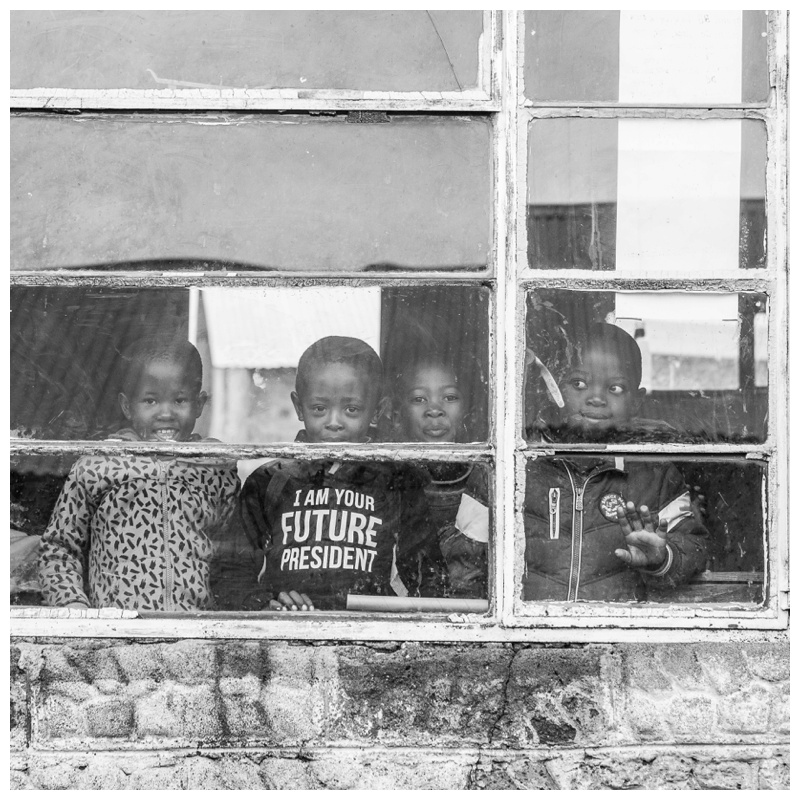Lesotho- HELP LESOTHO
Leribe Community
The programme is committed to helping children and youth reach their potential in a context of gender equity and the alleviation of HIV/AIDS in Lesotho. More specifically the Child Sponsorship Program (CSP) provides the financial and psychosocial support needed for vulnerable children to complete high school.
Lesotho’s greatest health challenge remains its high HIV/AIDS prevalence and TB co-epidemic. The HIV prevalence rate in Lesotho is 25% in the adult population (15-49 years), the second-highest in the world. The incidence of TB stands at 724 cases per 100,000, according to the 2017 Global TB report, the second-highest globally. While high health costs contribute to the narrowing of the fiscal space, high HIV/AIDS and TB rates contribute to persistently high inequality and poverty.
Source: Community Profile Help Lesotho, 2018 / World Bank Country Report, 2018.
Nthabiseng Thuela is a 14-year-old girl who is studying at Molapo High School in Lesotho's Leribe District. This is her first year of Secondary I at this new school.
Nthabiseng is happy to attend school, learn mathematics and English, and enjoys extracurricular activities like singing. She has difficulty in some subjects so she is doubling her efforts to succeed because her dream is to become a teacher. She devotes all her energy to her studies and her household chores. Indeed, her long days start at 4 am and end at 9 pm.
4:00 am: Wakes up, washes herself and gets ready. Most of the time she does not have breakfast because there is nothing to eat.
5:00 am: Catches the bus to school. Because of the distance and road conditions, her bus ride is 1.5 hours long.
6:30 am: Arrives at school and finds her best friend Karabo who studies with her.
7:00 am: Starts her reading and schoolwork.
8:00 am: Goes to three classes, about 40 minutes each: mathematics, English or other subjects.
10:30 am: Takes a break and has breakfast if she brings a snack or money to buy food from street vendors near the school.
11:00 am: Attends two other classes, each about 80 min long.
1:30 pm: Eats lunch, her first meal most days. The meal provided by the school consists of corn purée, called papa in Sesotho, and cooked cabbage.
2:00 pm: Attends another class of about 80 minutes.
3:30 pm: Studies after classes.
4:30 pm: Leaves school and takes the bus home.
6:00 pm: Once she’s home, she does household chores. It takes more than an hour to get the water used to prepare the meal – almost always corn purée and cooked vegetables. After supper, she studies again and gets ready for bed.
9:00 pm: Goes to sleep.
The scholastic route of Nthabiseng is exemplary. Beyond her determination to succeed in her studies, Nthabiseng can count on Karabo to listen and support her. She can also count on her grandmother, Mabasiea who, as the head of a family of three children, a stepdaughter and five grandchildren all living under the same roof, encourages her to achieve her dreams. Mabasiea, who had to leave primary school, wants another future her granddaughter. She wishes her to be independent, to earn a living so they can own a car to drive to the hospital for medical follow-up.
© Dominique & Maria Cabrelli











